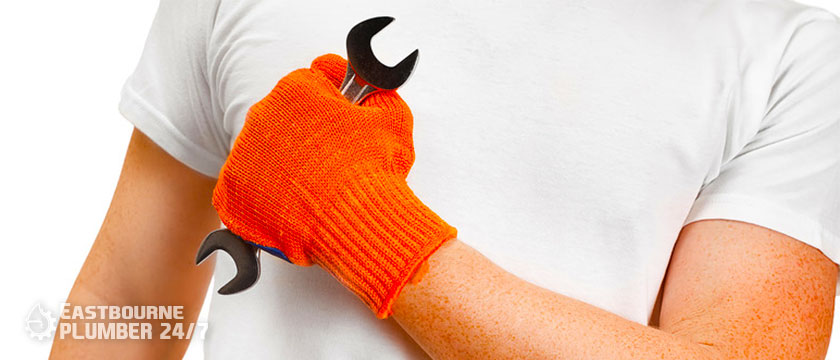
11 Dec. 21
Detecting Water Leaks and Reading Your Water Meter
Suspect you have a water leak but really can’t find it? One way to determine where your water leak is is to read your water meter. Knowing how to read your water meter can not only help you reduce your water consumption, but also save money.
If you want to learn more about water leak detection and how to read your water meter, you can continue reading below for more details.
How to Read Your Water Meter
First, let’s discuss how to read your water meter.
A water meter is what measures the amount of water each property uses. It is usually located outside towards the front of the property. However, if you live in an apartment, you may need to look into having an individual meter.
Your water meter may present different colored numbers or backgrounds. The numbers with a black background represent the kilolitre and the three red numbers and/or the dial represent the number of liters used.
When reading the water meter, only read the first three red numbers.
Numbers should be read from left to right, while dials should be read clockwise. If you’re having trouble reading your water meter, try contacting a licensed plumber to assist you.
Ideally, all households should read their water meters weekly. It is also recommended to check your water meter monthly or quarterly. It is important to record your meter readings to detect spikes that could indicate a hidden water leak. This will also prompt you to contact a plumber before the water leak gets worse.
Detecting Leaks and Reading Your Water Meter
Suspect you have a water leak but really can’t find it? One way to determine where your water leak is is to read your water meter. Knowing how to read your water meter can not only help you reduce your water consumption, but also save money.
If you want to learn more about water leak detection and how to read your water meter, you can continue reading below for more details. Or if you want an experienced look, you can call plumb centre eastbourne.
How to Read Your Water Meter
First, let’s discuss how to read your water meter.
A water meter is what measures the amount of water each property uses. It is usually located outside towards the front of the property. However, if you live in an apartment, you may need to look into having an individual meter.
Your water meter may present different colored numbers or backgrounds. The numbers with a black background represent the kilolitre and the three red numbers and/or the dial represent the number of liters used.
When reading the water meter, only read the first three red numbers. Numbers should be read from left to right, while dials should be read clockwise. If you’re having trouble reading your water meter, try contacting a licensed plumber to assist you.
Ideally, all households should read their water meters weekly. It is also recommended to check your water meter monthly or quarterly. It is important to record your meter readings to detect spikes that could indicate a hidden water leak. This will also prompt you to contact a plumber before the water leak gets worse.
Using Your Water Meter to Detect Leaks
If you want to detect water leaks using your water meter, try these steps:
Find your water meter and note the numbers shown.
Turn off all water taps and ensure that the water does not flow or is not in use for one hour.
After an hour has passed, check the water meter reading again and determine if there has been any change. If the numbers have changed, this may indicate a leak.
If there is a leak, the first area to check is the toilets. Turn off the toilet’s water valves, and then repeat steps 1 through 3.
If the numbers haven’t changed, your toilet may be leaking. You can double-check by putting some food coloring in the toilet cistern. If the color appears in the bowl without washing, the cistern will need to be repaired. (Note: After testing, flush your toilet twice so that the food coloring doesn’t stain your toilet bowl).
But if the numbers have increased, it means there may be a leak elsewhere on your property. In this case, it is recommended that you contact a licensed plumber to help you detect and identify water leaks.


